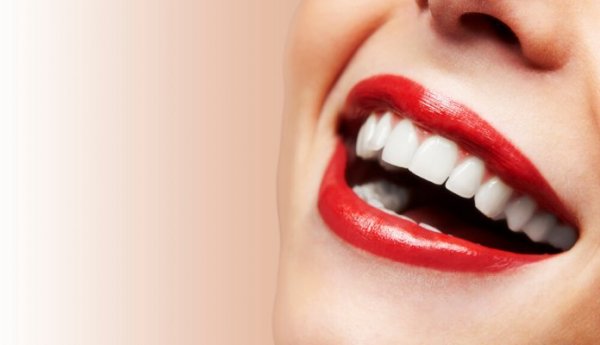Hormones drive everything in your body, including mood, weight, and even dental health. This is especially true for women, whose hormonal balance changes throughout their lifetime. Many women experience a variety of health effects due to hormonal changes. So, how do hormones affect your dental health? It varies depending on age.
Puberty and Your Period
When puberty hits teenage girls, it commonly causes a number of uncomfortable issues. One of them is red, swollen, and/or bleeding gums. Hormones cause the gums to overreact to the presence of plaque, which can make gums swell and grow bigger.
Preventative care is the best treatment for these issues. It’s important to keep plaque and bacteria at bay by flossing at least once a day and brushing two times per day with fluoride toothpaste. You should also visit your dentist on a regular basis to keep any problems from getting worse.
As puberty leads to regular menstruation, many young women also notice that their gums may swell, bleed, or increase in sensitivity around and during their period. If you experience these issues, you may want to schedule dentist appointments well after your period is over or well before it starts.
Birth Control and Pregnancy
The hormone level in birth control pills these days is too low to cause gum sensitivity, which used to be a very common side effect for those on birth control medications. However, those who take birth control are still twice as likely to come down with dry socket when they have a tooth removed. Make sure to tell your oral surgeon or dentist if you take birth control before any oral surgery or cosmetic procedure.
Pregnancy is another stage of life that is dominated by hyperactive hormones. Some pregnant women end up developing pregnancy gingivitis, which is a mild gum disease with the symptoms of sore and inflamed gums. You may need to visit your dentist more often during pregnancy to keep symptoms under control.
Menopause
The final hormonal stage of a woman’s life has its own complications. It often causes a number of issues with oral health, including bone loss, burning tongue sensations, tooth and gum sensitivity, and dry mouth. Although it may seem harmless, dry mouth is something that all older women should take seriously. This problem can often work in tandem with bone loss to create a fertile environment for cavities.
Bone loss occurs as progesterone decreases drastically during menopause and perimenopause. The latter can last up to 10 years before a woman’s period finally stops. Bone loss often manifests in receding gums. When gums recede, more of the tooth surface is exposed to bacteria, which can proliferate in a persistently dry mouth.
Bone loss and eventual tooth loss may become a fact of life as we age, but it doesn’t have to be the end of the world thanks to the technology of dental implants. Whether it’s through cosmetic procedures, dental implants, or oral surgery, the Good Samaritan Dental Implant Institute in West Palm Beach, Florida, is committed to restoring dental health to every patient. Our oral surgeons perform expert work in a state-of-the-art facility supported by a comfortable and caring environment. Let us help you with your dental health needs at every stage of your life.


